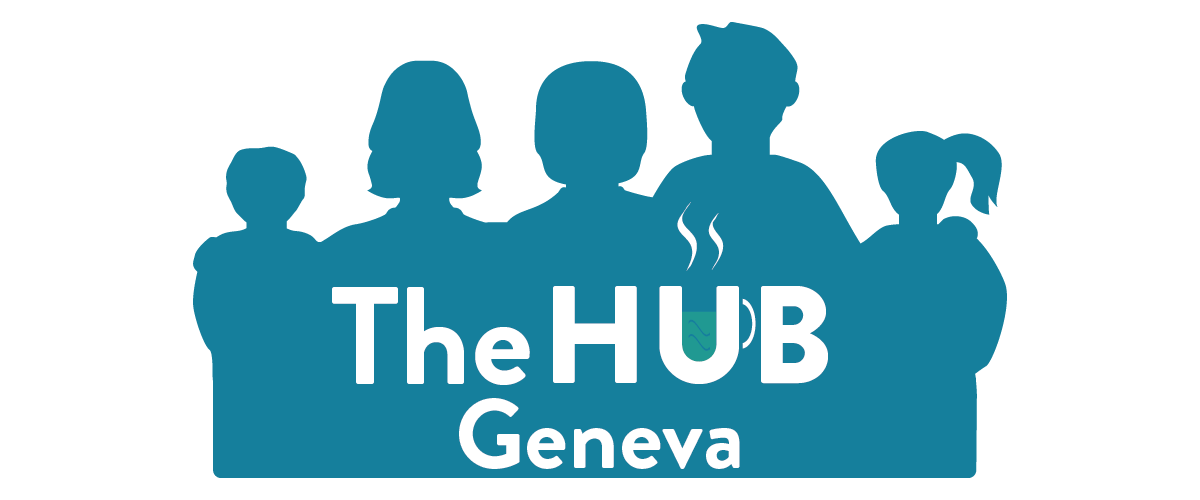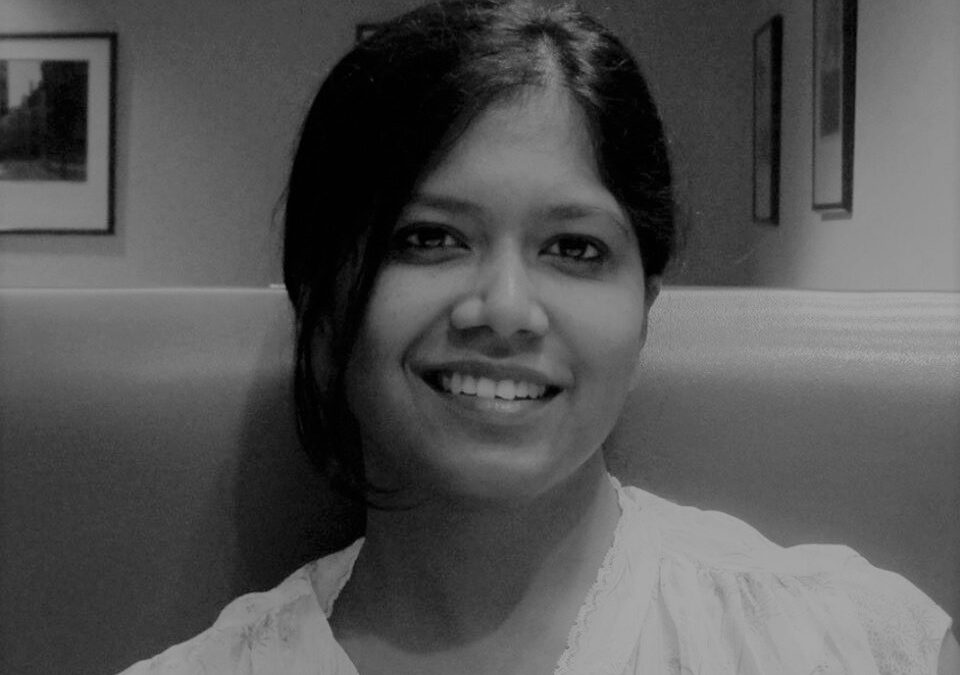When we brought our twins home from the hospital, my husband and I were ecstatic – a healthy boy and a girl, no complications during and after pregnancy – what more can you ask for?
We had no clue. Just two weeks later, I started becoming increasingly moody, depressed and ANGRY. My husband started becoming irritated, sleepy and just uninterested in life. At first, we put it down to lack of sleep (twin parents know what I am talking about!). So, we hired a ‘night nanny’ to let us sleep for a couple of nights in a week.
But it got worse. I withdrew into a shell of my former life and my husband and I hardly communicated. I lost all joy and even the cute smiles of my babies didn’t lift me up.
To the outside world, we couldn’t be more perfect – I had a high-flying job, we had a perfect (!) relationship and our children were healthy and happy. My Facebook feeds were full of pictures of my wonderful life and even my closest friends didn’t know what was going on.
When the twins were 9 months old, I got a wonderful opportunity in Sweden and we moved from the US to there and I hoped things would get better in another environment. It didn’t.
What was I thinking? As a scientist, I should have known that this is more than just exhaustion or ‘baby blues.’ I was never asked by my doctor, and I never volunteered. A friend that I confided in told me – ‘Everyone goes through this a new mother.’
Here’s the thing: no, they don’t.
25% of women who give birth are at risk of developing mental health conditions, which is the #1 complication of giving birth (the prevalence is more than pre-eclampsia, hypertension and gestational diabetes combined!). And the mental health conditions are not limited to postpartum depression – one can develop OCD, Bipolar, postpartum anxiety or PTSD. 10% of fathers go through postpartum depression.
I was never screened and therefore never treated for postpartum depression, which in my case, lasted for almost 3.5 years. I started running and ran a marathon to get over the depression. But it shouldn’t be so hard. Everyone should be screened and if needed, treated on time.
This is the reason why I left my corporate job to start Haplocare. I am on a mission to make sure no-one else suffers the way that I did. That they have access to regular screening, support from an empathetic community where everyone speaks the truth without stigma or shame (it is anonymous) and they have access to professional support when they need it.
We are at the start of the journey. The Haplocare app is available for download, and supports screening, journaling (self-care) and Community support and I am working hard to add professional support and other languages soon.
If you know pregnant women, new mothers or if you are looking for an authentic supportive community who tells you how it is or want to join us, please use or recommend Haplocare or send us an email. Your baby’s mental health starts in the womb. Please share Haplocare. It might save someone’s life.
More about Haplocare:Haplo.care
Contact details: Linked In

